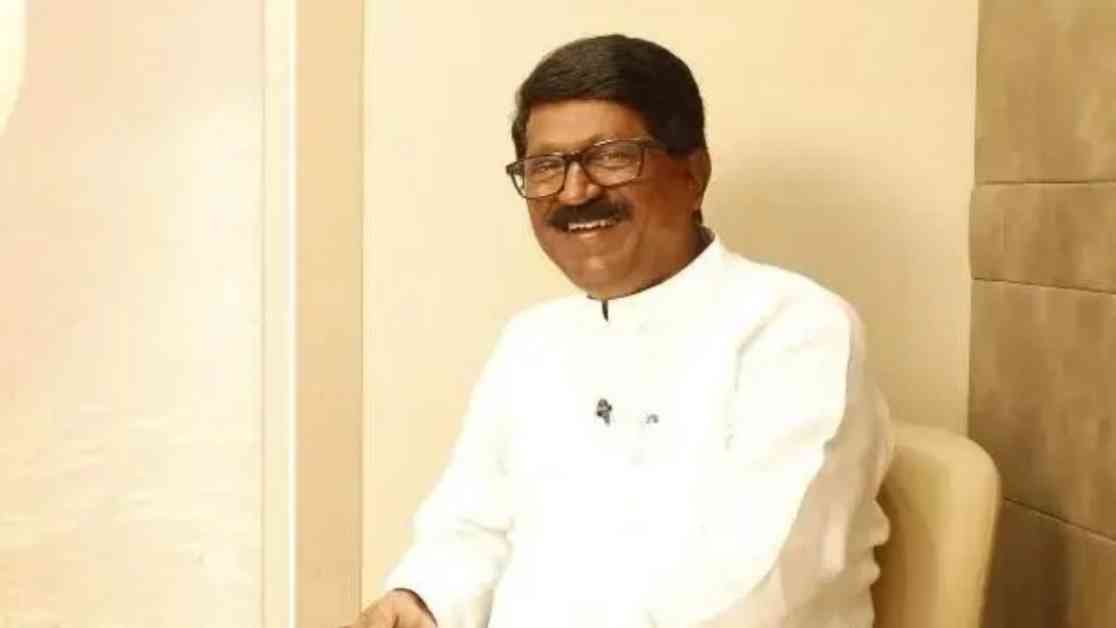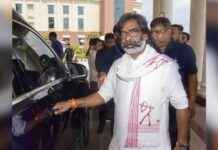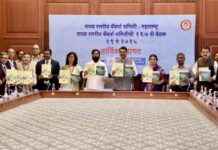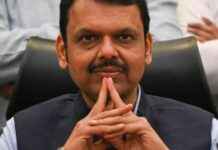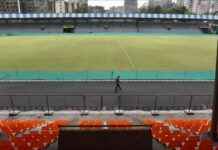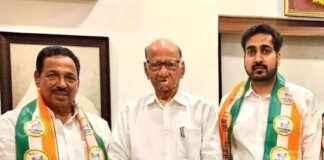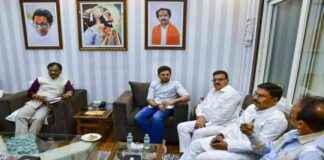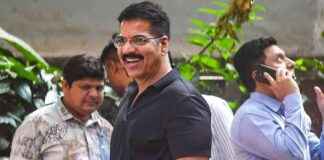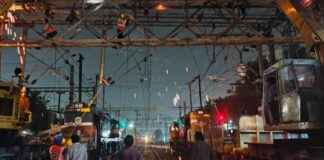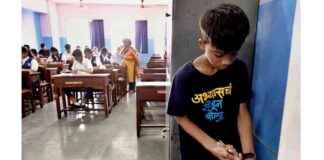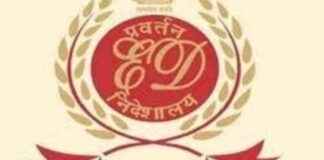Shiv Sena Criticizes Separate Maharashtra and Haryana Polls Amid ‘One Nation, One Election’ Proposal
The Uddhav Thackeray-led Shiv Sena (UBT) has raised concerns over the government’s approval of the ‘one nation, one election’ proposal, highlighting the inability to hold simultaneous polls in Maharashtra and Haryana. The party’s spokesperson and MP Arvind Sawant questioned the government’s priorities, emphasizing the need to address critical issues such as unemployment, inflation, crimes against women, and farmers’ hardships.
In a scathing remark, Arvind Sawant mocked the Centre’s decision, pointing out the failure to coordinate the Maharashtra and Haryana elections while pushing for synchronized polls across the nation. He criticized the government for overlooking pressing issues in favor of a potentially divisive electoral strategy.
Former Maharashtra minister and Shiv Sena (UBT) leader Aaditya Thackeray echoed Sawant’s sentiments, describing the ‘one nation, one election’ proposal as a farce aimed at prolonging the election cycle for the next five years. He labeled the move as a tactical maneuver to evade accountability and delay necessary democratic processes.
The Shiv Sena’s criticism comes at a time when the government faces mounting challenges in managing state elections and addressing regional disparities. With the Maharashtra and Haryana polls typically held around the same time, the decision to schedule them separately has raised questions about the administration’s efficiency and strategic planning.
Arvind Sawant further criticized the ruling party, accusing the BJP of manipulating democratic norms and undermining the electoral process. He highlighted the BJP’s inability to secure a majority in recent polls, signaling a loss of public trust and credibility.
The Union Cabinet’s recent approval of the ‘one nation, one election’ proposal, spearheaded by a committee led by former president Ram Nath Kovind, has stirred controversy and skepticism among opposition parties. The committee’s recommendation for synchronized elections at all levels has been met with skepticism and apprehension.
Aaditya Thackeray lambasted the government’s emphasis on ‘one nation, one election’ as a diversion tactic to sidestep immediate electoral challenges and consolidate power. He pointed out the discrepancies in holding simultaneous polls across different states, highlighting the inconsistencies and logistical hurdles involved in implementing such a sweeping electoral reform.
In Maharashtra, the delay in conducting civic body polls has further exacerbated the political climate, with the BJP facing criticism for stalling the electoral process. Aaditya Thackeray emphasized the need for transparency and accountability in electoral procedures, calling for a more inclusive and timely approach to conducting polls.
As the debate over ‘one nation, one election’ continues to unfold, the Shiv Sena’s critique sheds light on the complexities and challenges of implementing a synchronized electoral system in a diverse and dynamic political landscape. The party’s stance reflects a broader concern over the government’s priorities and its commitment to upholding democratic principles in the face of evolving political dynamics.
In conclusion, the Shiv Sena’s criticism of the separate Maharashtra and Haryana polls in the context of the ‘one nation, one election’ proposal underscores the need for a comprehensive and inclusive approach to electoral reform. By addressing core issues and prioritizing democratic values, the government can navigate the complexities of the electoral process and ensure a fair and transparent system for all stakeholders.
